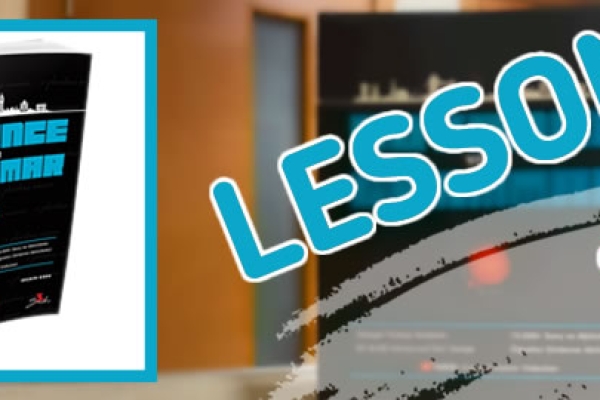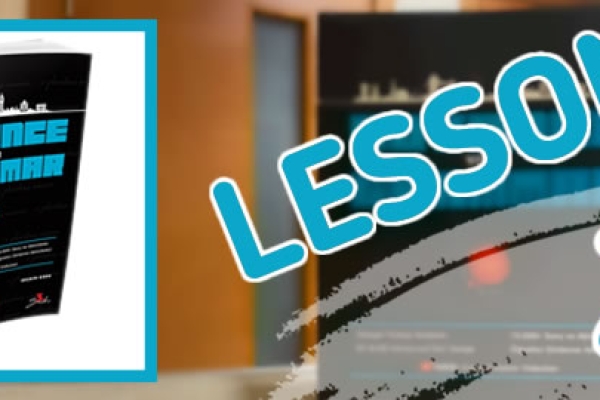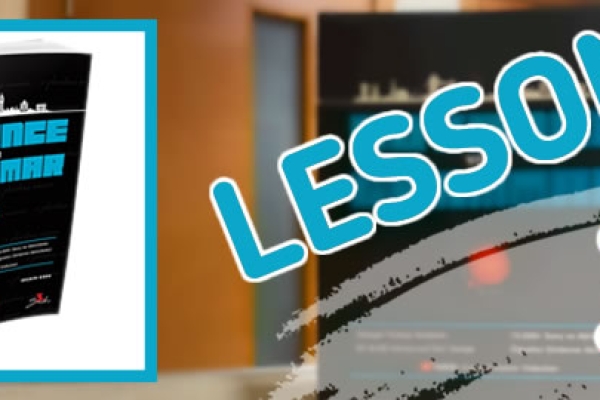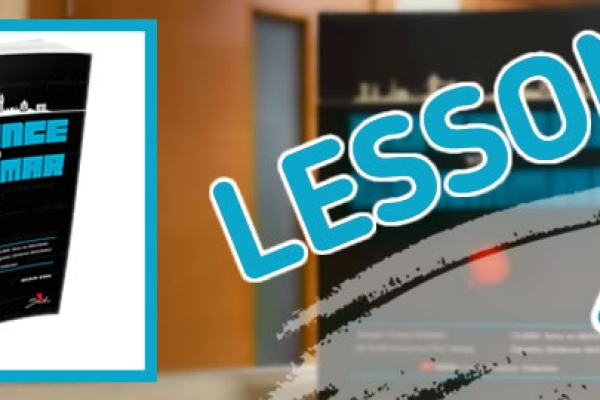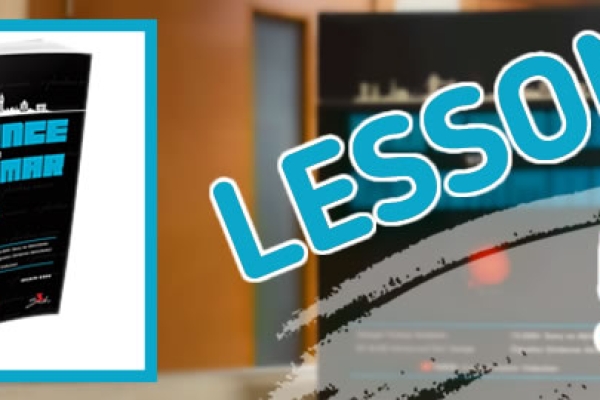Summary Comparison of Concession Clauses
Concession clauses are used to express contrast or an unexpected result, often showing that one situation is true even though it is in contrast to another situation. These clauses often use subordinating conjunctions such as "although," "though," "even though," and "despite" to introduce the contrasting or unexpected information. Concession clauses can be used to show that despite a certain condition or circumstance, the result or action still occurs.
There are a few key structures and functions for using concession clauses effectively. They help to show contradictions, exceptions, or surprising outcomes between two parts of a sentence.
1. Using “Although” and “Though”:
Both "although" and "though" are used to introduce a concession, showing that one situation does not prevent the occurrence of another. While "although" is typically used at the beginning of the clause, "though" can be used more flexibly, either at the beginning or at the end of the sentence.
-
Example 1: Although it was raining, they decided to go for a walk.
- Explanation: The clause "Although it was raining" presents a contrast, showing that despite the rain, they still decided to go for a walk. The rain didn’t stop them from taking action.
-
Example 2: He passed the test, though he hadn’t studied much.
- Explanation: Here, "though" introduces a concession. It emphasizes the surprising or unexpected outcome, as he passed the test even though he didn’t study much.
2. Using “Even though”:
"Even though" is a stronger version of "although" and is often used when the contrast between the two parts of the sentence is particularly noticeable or surprising.
-
Example 1: Even though she was tired, she finished the project on time.
- Explanation: "Even though she was tired" introduces a stronger contrast, emphasizing that despite her tiredness, she was still able to finish the project on time.
-
Example 2: Even though the movie was long, it was very entertaining.
- Explanation: This sentence shows that despite the movie being long, it still managed to be entertaining. The contrast between length and entertainment is highlighted by "even though."
3. Using “Despite” and “In spite of”:
Both "despite" and "in spite of" are used to introduce a contrast, similar to "although" and "though," but these are followed by a noun or gerund (the "-ing" form of a verb).
-
Example 1: Despite the heavy traffic, I arrived on time.
- Explanation: The phrase "Despite the heavy traffic" introduces the contrast, showing that the speaker arrived on time even though the traffic was heavy.
-
Example 2: In spite of feeling sick, she attended the meeting.
- Explanation: "In spite of feeling sick" shows that despite being sick, she still attended the meeting. The condition did not prevent her from attending.



